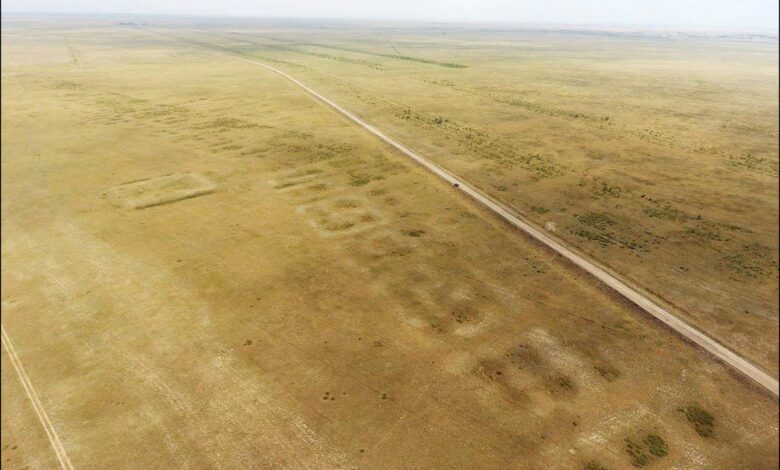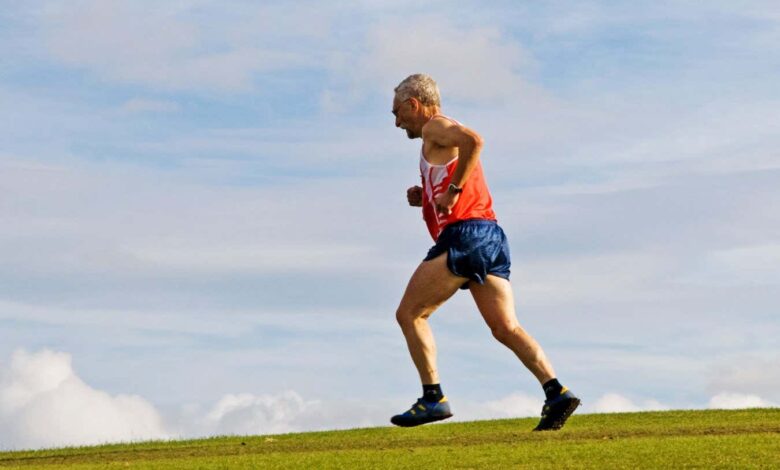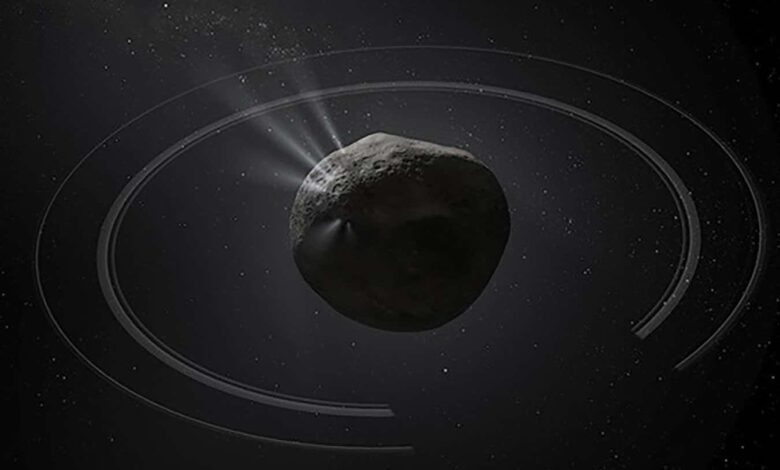Science
-

2025 is the second hottest year since records began
Firefighters working in Spain in August Pedro Pascual/Anadolu via Getty Images This year is set to be the second warmest year on record behind 2024, with many regions experiencing unprecedented storms, wildfires and heat. The mean temperature for 2025 is currently 1.48 °C above the preindustrial average, according to European Union’s Copernicus Climate Change Service (C3S). That would tie it…
Read More » -

What would Russia’s inability to launch crewed missions mean for ISS?
The Soyuz spacecraft blasting off on 27 November Roscosmos space corporation, via AP/Alamy The International Space Station (ISS) may soon become slightly less international. Russia’s only launch site capable of sending humans to orbit has suffered serious damage that could put it out of commission for two years. That would pose a dilemma for NASA: take on more costs and…
Read More » -

A new understanding of causality could fix quantum theory’s fatal flaw
The ball rolls across the floor because it was kicked, just as Earth orbits the sun because it is tugged by gravity. The connection between cause and effect is fundamental to how we understand the world – or at least, it is for the world we see, governed by classical physics. Notoriously, everything gets murkier in the underlying realm of…
Read More » -

Vast Bronze Age city discovered in the plains of Kazakhstan
Drone photograph of the archaeological site of Semiyarka Peter J. Brown A large 140-hectare settlement dating back 3600 years has been discovered in the plains of north-eastern Kazakhstan, transforming our understanding of life in prehistoric Eurasia. It hints that the open grasslands of Central Asia once held a Bronze Age community as connected and complex as much better-known ancient civilisations.…
Read More » -

Why giving up on goals is good for you, and how to know which to ditch
Aron Leah of Fried Cactus This was meant to be a big year for me. I planned to run a marathon, gain a diploma in Spanish and begin work on my next book – all while growing my social media following to promote my journalism. Even when I have felt frustrated or stressed, I have tried to keep slogging on.…
Read More » -

Walking 3000 steps a day seems to slow Alzheimer’s-related decline
Even gentle exercise like walking boosts brain health Gordon Scammell/Loop Images/Universal Images Group via Getty Images Older people who are particularly at risk of Alzheimer’s disease could slow their cognitive decline by taking just 3000 steps a day. Why this step count might have this effect is unclear, but it could be linked to the impact of regular exercise on…
Read More » -

Men may have to exercise more than women to get same heart benefits
Exercise has significant benefits for heart health Ian Canham/Alamy Men over 50 may have to exercise more than twice as much as women to get the same heart health benefits. An analysis of activity tracker data found that men in this age group need nearly 9 hours per week of moderate to vigorous activity – like brisk walking or cycling…
Read More » -

A distant comet is forming new rings while we watch in real time
Illustration of Chiron’s rings Dan Durda For the first time, astronomers are watching a ring system form in real time. The rings in question encircle Chiron, a comet-like object that takes a path around the sun between the orbits of Saturn and Uranus. Every time we look at Chiron, its rings seem to be a little different. Chiron isn’t the…
Read More » -

Your diet is probably dangerously acidic but there’s a simple solution
I am standing in the bathroom with a strip of litmus paper in my hand. I am going to pee on it and hope that it doesn’t turn red, which would indicate acid. This isn’t for a bet – it is a (ahem) litmus test of whether my diet is slowly killing me. Acidic urine is a crude sign that…
Read More » -

Galaxies fling out matter much more violently than we thought
Black holes are extremely powerful matter distributors NASA Image Collection/Alamy Unexpectedly violent black holes may have caused the mystery of the missing cosmic matter. Most of the universe is filled with mysterious dark matter, but even ordinary matter has stumped cosmologists. Some of this normal matter – made up of particles called baryons – seemed to have been missing for…
Read More »
